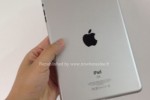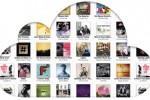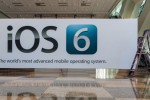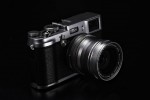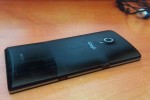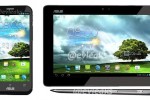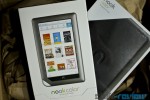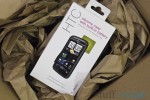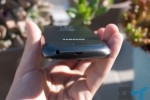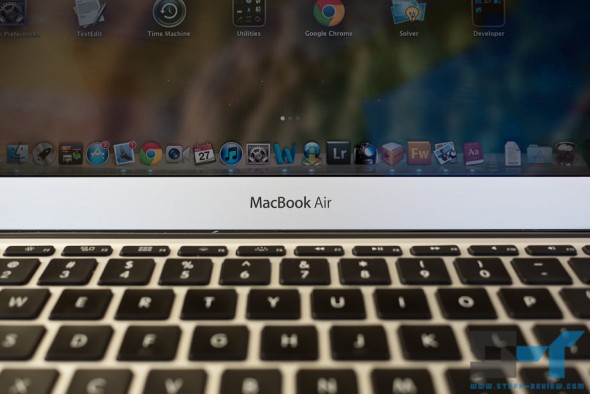
One of the key factors that make the user experience of Apple’s MacBook Airs great is the fast data transfer speeds, which rely on the thin-and-light laptop line’s speedy solid state drives (SSDs). When we reviewed the mid-2011 MacBook Air (MBA) we found that startup and resume was incredibly fast, applications launched quickly, while overall, the operating system was very responsive. This is in no small part because of the transition Apple had made to SSDs.
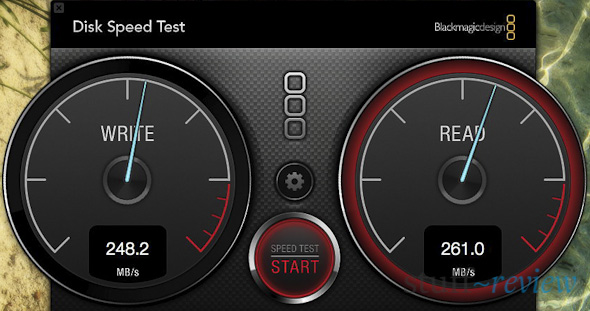
The current crop of mid-2011 MBAs ship with two different SSD makes, either Toshiba or Samsung — for supply-side reasons, Apple chooses to work with more than one partner for key components. It’s sort of a lottery which one you get, and although both drives are very fast, the Samsung SSDs have the advantage. When we tested the MacBook Air with the Samsung-made SSD, read speeds were around 260MB/s and write speeds around 250MB/s — see above. The controller chip for this SSD is the same as the controller in the Samsung 470 series drives.

Well, 9to5mac managed to sit down with Samsung at CES this week and got the lowdown on the company’s supply of SSDs to Apple and other manufacturers. It appears that Samsung has now sold out all its SSDs with the 470 series controller and has started providing its partners with a new drive bearing the company’s newer 830 series controller chip. The new 830 controller bumps up transfer speeds to almost double what the previous controller was capable of. One can expect 500MB/s read and 400MB/s write speeds, which are simply incredible.
As there is no more supply of the 470 controller SSDs from Samsung, Apple is bound to run out of stock soon. Samsung has confirmed that Apple remains its customer, which means that at some point, the Cupertino company may move the MBA line over to the faster Samsung 830 controller SSDs. What’s uncertain however is what happens with the Toshiba drives which will now be much, much slower in comparison. Apple could potentially find a new second SSD partner. Let’s just hope that the lottery stakes don’t get any higher.
[9to5mac, MacBook Air Samsung SSD image courtesy of iFixit]
